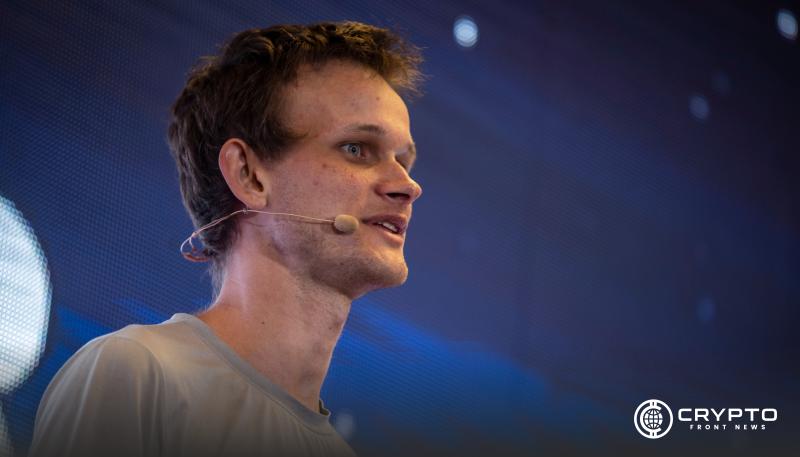- Michael Saylor’s call for big banks to manage Bitcoin custody contradicts his previous advocacy for self-custody, sparking backlash.
- Vitalik Buterin criticizes Saylor’s proposal as “regulatory capture,” warning it could compromise Bitcoin’s decentralization goals.
- Jameson Lopp and others warn that relying on large institutions for Bitcoin custody risks centralizing a decentralized asset.
Michael Saylor, co-founder of MicroStrategy, recently suggested Bitcoin custody should shift to major financial institutions, sparking criticism from the crypto community. Notably, Saylor previously supported self-custody as a vital element of Bitcoin’s decentralized nature.
However, in an interview with financial reporter Madison Reidy on October 21, he claimed that large banks like BlackRock and Fidelity are better suited for Bitcoin custody, considering their experience and size. This shift has raised concerns among crypto enthusiasts, many of whom view it as a move towards centralization.
Vitalik Buterin Criticizes Saylor’s New Stance
Vitalik Buterin, Ethereum’s co-founder, criticized Saylor’s proposal, calling it a “regulatory capture approach” that contradicts the ethos of cryptocurrencies. Buterin argued that relying on regulated entities to secure Bitcoin risks government control, which undermines the principles of decentralization.
He noted that this strategy has failed in other sectors, suggesting it could also harm Bitcoin’s resilience. Furthermore, Buterin described Saylor’s comments as “batshit insane,” emphasizing that crypto should remain independent of centralized entities.
His remarks highlight a broader debate over whether the protection of digital assets should involve regulatory frameworks or continue to focus on individual empowerment through self-custody.
Concerns About Government Involvement
Saylor’s change of stance comes despite his previous warnings about the risks of non-custodial practices. He previously advocated for users to hold their own keys, stressing that without self-custody, decentralization cannot be achieved.
However, during the recent interview, Saylor downplayed the threat of government interference, labeling concerns as “paranoid crypto-anarchism.” He claimed that regulated banks, considered “too big to fail,” could ensure safer Bitcoin custody. This perspective has drawn criticism from those who believe it encourages centralization, undermining Bitcoin’s foundational principles.
Bitcoin Community Pushes Back on Centralized Custody
Jameson Lopp, co-founder of Casa, also weighed in, reiterating the importance of self-custody to Bitcoin’s network health. He emphasized that relying on large banks for custody could expose Bitcoin to centralization risks.
MicroStrategy, which owns over 252,000 BTC, remains a large corporate stakeholder, and Saylor still predicts Bitcoin’s potential to reach $13 million by 2045. Despite the backlash, he maintains that institutions are better equipped to manage Bitcoin security, setting off a divisive debate within the community.






